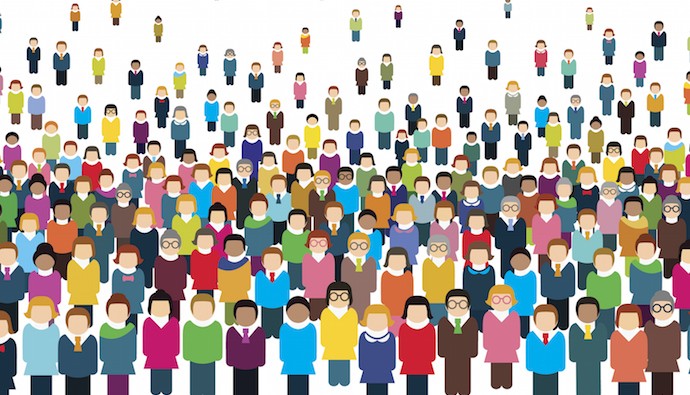The world population reached 8 billion already at the end of last year. The UN predicts that between 2050 and 2060 there will be 10 billion people on the planet. After that, experts predict a decline or stagnation of the population. The fastest-growing population is in the poorest countries. In Bulgaria, as everywhere in Europe, the trend is downward. The population of Russia and Japan is also decreasing.
The world’s population has been increasing since statistics have been kept. In the UN report, it is estimated that in 2080 the population of the earth will pass 10.5 billion.
“For the population to remain as it was before, it is roughly estimated that at the low death rates we have reached, a woman needs to give birth to an average of 2.1 children. By 2050, the population is expected to decline in 61 countries in the world, including Bulgaria,” said Associate Professor Stoyanka Cherkezova from the Institute for Population and Human Research at the Bulgarian Academy of Science.
Contrary to predictions that many people will die of starvation, according to a report by the World Obesity Federation, by 2025, more than half of the world’s population will be overweight.
“The most important thing we can worry about when we talk about being overweight is our health and how long we live, for example in many developed countries in men it has been found that excessive consumption and use of alcohol occurs in those who are highest in the hierarchy,” added Assoc. Stoyanka Cherkezova.
In Bulgaria, social inequalities are very large. The difference between the richest and the poorest is 8 times and this worsens the quality of life.
“These inequalities are so high that they can be found in very few places in the world, including in African countries that are on the verge of civil war,” said Associate Professor Stoyanka Cherkezova.
Another inequality is also observed in our country – the birth rate is either very early at about 15 years for the less educated part of the population or too late for the more educated ladies.

